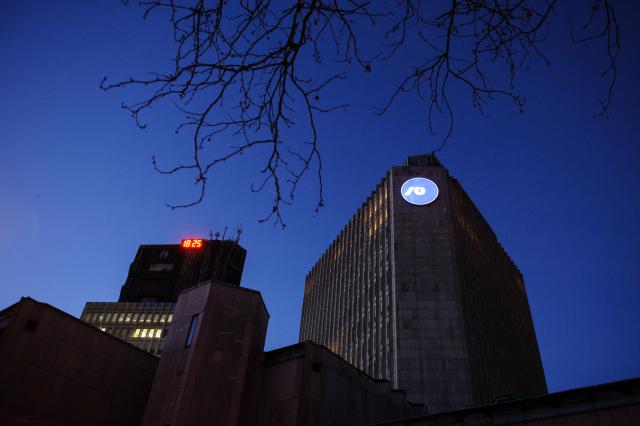On 15 May, the Supervisory Board of Slovenian Sovereign Holding officially announced the sale of half of NLB, which is the largest state-owned bank in Slovenia, and also revealed the intention of listing shares and global depository receipts (GDR) on the London and Ljubljana stock markets. The government of Miro Cerar had also concluded negotiations in Brussels, allowing them to delay the sale of the remaining quarter of the bank until the end of 2018. They probably have their fingers crossed behind their backs since most acclaimed Slovenian economists believe that the left-wing triumvirate does not want to give up their majority share in NLB, i.e. the lucrative “ATM” for draining taxpayer’s money. It seems the political levers in the largest Slovenian bank will remain in place, which is why the state will earn much less from the sale than it would if the majority share were to go into the hands of a private strategic investor. Primož Karpe, the Supervisory Board chairman in NLB, says that the bank is doing well and that it is ready for privatisation. In five years, it could pay around €500 million into the state budget. But this is far too little, warn the economists Matej Lahovnik and Anže Burger.
After transferring its bad assets to the bad bank, the state should have sold the bank in order to return the remaining billion euros to the Slovenian taxpayers. It has been estimated that, if the state keeps a quarter of the bank, which has a book value of €1.5 billion, and Slovenia wants to receive €1 billion through the sale, NLB must be sold for a price that is close to its book value. The question arises of who would even be prepared to pay such a price. Analysts believe it would only be those perceiving that after the privatisation the bank would continue growing for five to ten years in the main categories of profitability.

The economist Matej Lahovnik says that what is currently being done and said at the Slovenian Sovereign Holding (SDH) shows a complete disregard for common sense. Offering minority interests of the bank to maximise the purchase price goes against all economic logic. If the government wanted to maximise the purchase price and in this way reduce the debt of the country as much as possible, it would need to offer a majority interest to a strategic investor. But since the bank is being sold in little pieces with the premise and commitment that the state would remain the owner of a majority share, it is clear that there will be no significant interest among investors and that the state will offer very low prices.
L. S.

